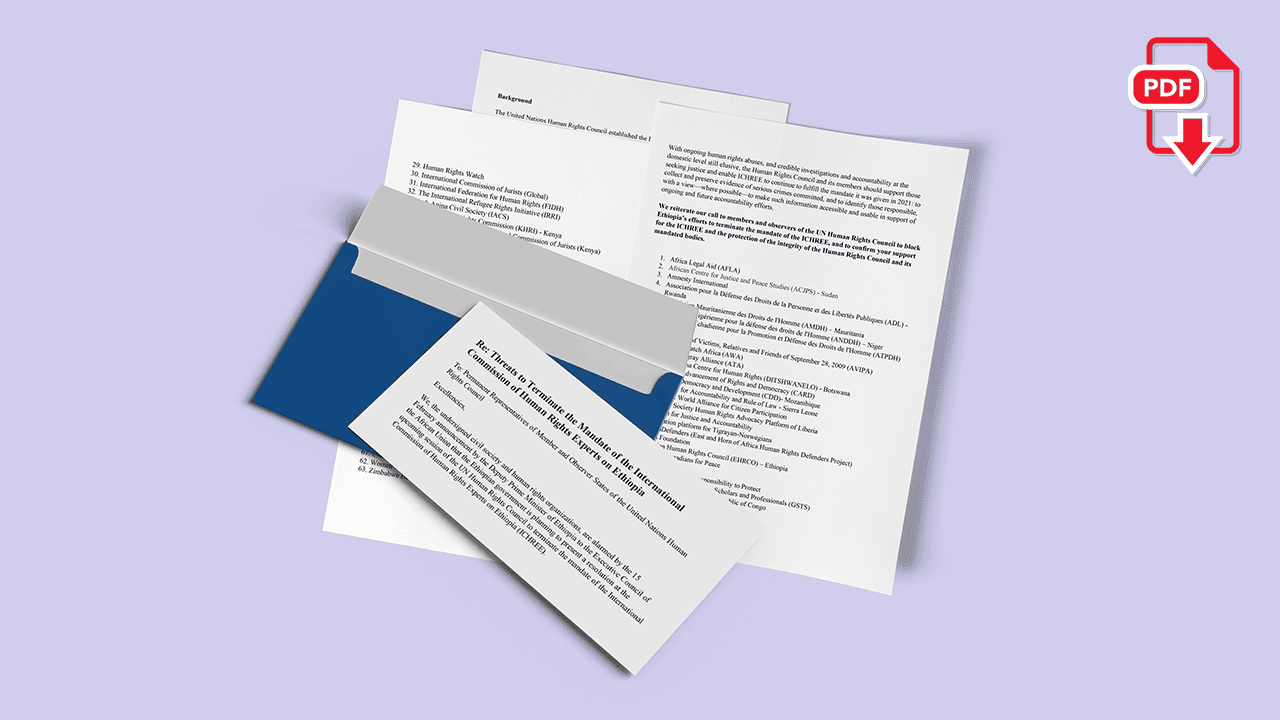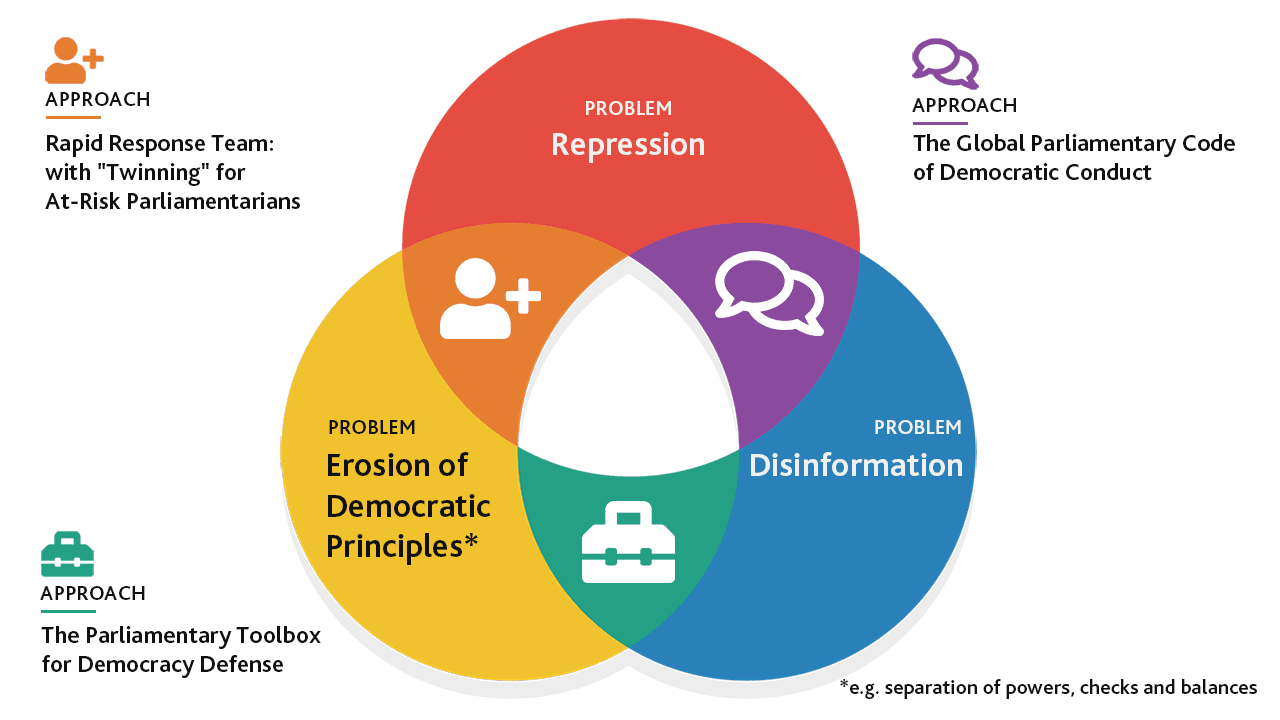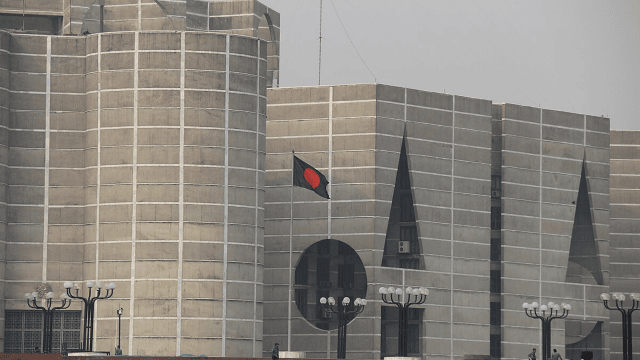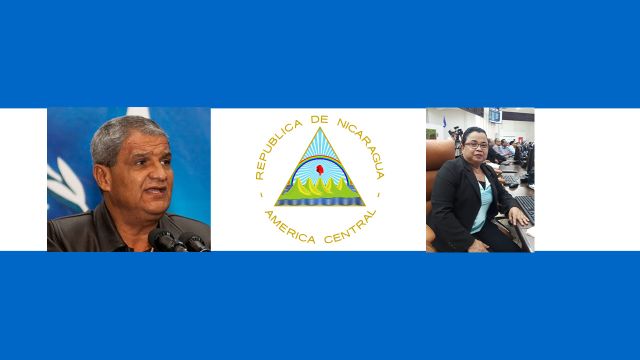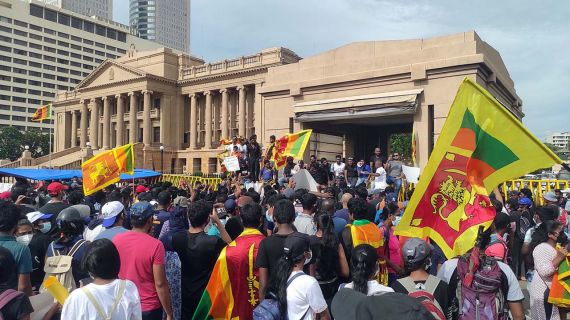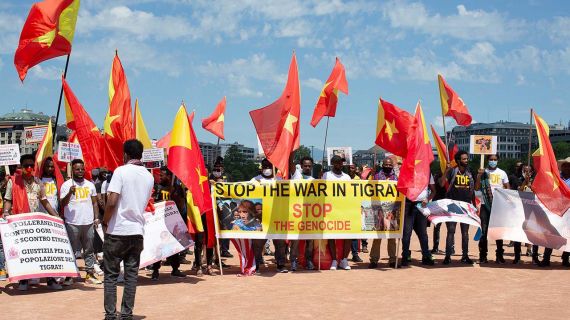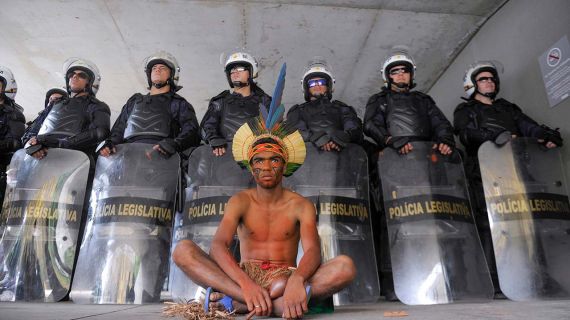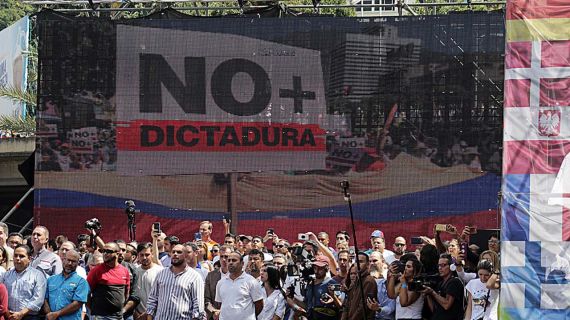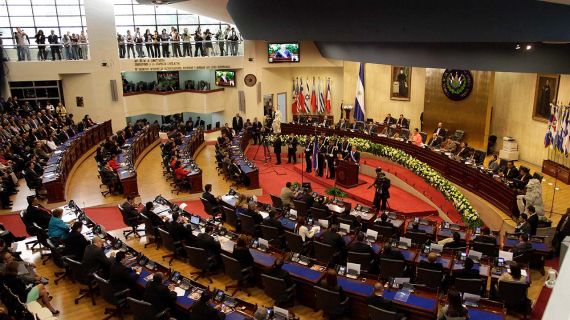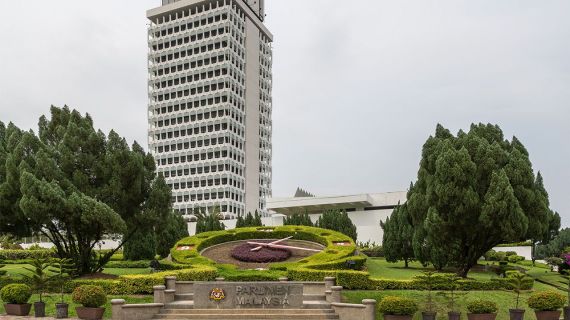Authorities In Ethiopia Must Halt Arbitrary Arrests, Political Persecution, And Mass KillingsTypes of Threat:
Context
Amid a global pandemic which has surpassed the two million deaths worldwide, Ethiopia is not only coping with the unprecedented impact of the COVID-19 on its economy, as revealed by a recent International Monetary Fund (IMF) report, but also with a political turmoil triggered by violations of the freedom of the press, arbitrary detention of opposition leaders, the crackdown on peaceful protests, mass killings, and other serious human rights abuses.
Since 2015, anti-government demonstrations seeking more land rights, political pluralism, and economic and social equality among the different ethnic groups have taken place across the whole country. In the wake of these mass protests, Mr. Hailemariam Desalegn, then Prime Minister, resigned in April 2018 with Mr. Abiy Ahmed succeeding him. Mr. Ahmed’s election by the Ethiopian Parliament ushered in a new era for the country. Indeed, Prime Minister Abiy Ahmed undertook several political reforms greatly welcomed by the Ethiopians and played a critical role in ending the two-decade-long conflict between Ethiopia and Eritrea, which earned him the Noble Peace Prize in 2019. Nevertheless, the continuous political fragmentation, the repetition of human rights abuses, and repressive practices against political leaders have put the “reform-agenda” of the new Government into question.
As the COVID-19 pandemic increased the country’s instability, general elections for members of the federal parliament, due to take place in August 2020, were postponed to June 2021 citing COVID-19 health-related risks. To mitigate the impact of such a decision, the Council of Constitutional Inquiry led by the President of the Supreme Court, gave the ruling party an extension of its mandate without setting clear limits to its powers during this interim term. Consequently, the political and social crisis exposed pre-existing flaws in the Ethiopian democracy, inefficiencies in governance, attacks on the civic space, and serious human rights violations against those who oppose the Government.
Despite recognizing the need to adopt restrictive measures to alleviate the pandemic’s impact, the Ethiopian Human Rights Commission (EHRC) called for the security forces to refrain from implementing punitive measures against peaceful protesters and recommended actions guided by human rights principles. Unfortunately, protests, rivalry between the federal and regional governments and arrests, have continued.
We are living in turmoil and an unprecedented time. Many governments worldwide have imposed restrictions on fundamental human rights and freedoms in the face of a global pandemic that has been disastrous for our societies. Some of these measures, although necessary, are only acceptable to the extent that they are in full compliance with constitutional and human rights safeguards and guarantees. Governments cannot use the pandemic as an excuse to fully limit the liberties of the people. In Ethiopia, we see a move towards authoritarianism and repression, which, unfortunately, is becoming a trend in several countries around the world. Political opposition is pivotal to scrutinize our Governments and assure a well-functioning system of checks and balances, as well as other democratic principles. If political leaders are arrested without any legal and judicial guarantee for merely expressing their opinions and opposing the Government, we risk that these fundamental principles - and democracy - will decay. Hon. Dorcas Sibanda, MP (Zimbabwe) Chair, PGA Zimbabwe National Group, and Founding Member of the PARRT
The country’s crisis has worsened since the Federal Government, on 4 November 2020, launched a military operation against the Tigray regional government accusing the Tigray People’s Liberation Front (TPLF) of attacking a national post and stealing military equipment and arsenal. Mr. Ahmed’s decision to repel the attack against the Northern Command of the Ethiopian National Defense Force has led to a three-months conflict in the region with a reported toll of thousands of deaths, 200,000 people internally displaced, almost 60,000 thousand refugees fleeing to neighboring Sudan, and mass starvation of the civilian population. In addition, according to the latest EHRC monitoring report, the war and the dismantling of the regional administration in Tigray have led to a rise in sexual gender-based crimes and child casualties.
Issue
Lead by Prime Minister Mr. Abiy Ahmed, Ethiopia’s current Government has turned heavy-handed through violent responses of the country’s security forces to law-and-order challenges. The growing tension between the Federal Government and the Tigray and Oromia opposition groups has increased the country’s unrest, causing politically motivated killings of civilians, journalists, and political leaders arbitrarily arrested over the last years. On 29 June 2020, the killing of the famous singer, Haacaaluu Hundeessa, sparked protests in the Oromia region and precipitated the current crisis, resulting in more than 160 people killed during peaceful demonstrations. According to police reports, following Mr. Hundeessa’s assassination, the ethnic rivalry considerably escalated, leaving at least 229 deaths.
Under the pretext of the country’s anti-terrorism law, both the past and current Ethiopian governments have cracked down on peaceful dissent and intensified arbitrary arrests and political prosecutions. According to NGOs such as Human Rights Watch, these arbitrary detentions have been carried-out without charges and legal guarantees. Moreover, these arrests have triggered ill-treatment and torture by security forces and other violations of fundamental rights, such as access to legal counsel. In 2012, the prominent activist and journalist Eskinder Nega was sentenced to 18 years in prison on terrorist charges and for criticizing the arrest by the Government of journalists and human rights defenders. In 2018, after seven years of imprisonment, Mr. Nega was released as part of a large amnesty given to political prisoners in the country.
Since Mr. Nega announced the formation of a new political party in 2020, the “Baladeras for True Democracy,” he has faced constant repression. In July, he was again arrested for allegedly attempting to cause violence in the capital during peaceful protests against the Government’s reforms. Likewise, several prominent political leaders in the country have been charged with terrorist offenses.
The respect for democratic institutions and human rights is instrumental for peace. The increased instances of violence, systemic violations of human rights, and the imprisonment of opposition leaders and journalists in Ethiopia must be stopped. This is particularly worrying as it undermines all the progress that the country achieved to its transition to peace and democracy. We urge representatives of the Ethiopian Government, the opposition, civil society organizations, and human rights defenders to find a peaceful solution to this conflict which has already taken thousands of civilian lives while maintaining and guaranteeing respect for human rights, democracy, and the rule of law. Last year, Canada already assisted those affected by the conflict in the Tigray region; nevertheless, we urge authorities, and those taking part in the hostilities, to ensure that humanitarian aid is allowed.Ms. Anita Vandenbeld, MP (Canada) and founding member of PGA’s Parliamentary Rapid Response Team (PARRT)
Legislators and Cabinet members in Canada or Sweden have not been the only vocal stakeholders regarding Ethiopia’s situation. On 21 August 2020, Members of the United States Congress, including Rep. Jim McGovern (PGA member), addressed a bipartisan letter to the former US Secretary, Mr. Pompeo, expressing their concern for the democratic backsliding; limitation on the freedom of speech; and the intimidation, attacks, and arbitrary arrests of several political leaders.
Furthermore, on 1 October 2020, more than 30 countries from different regions delivered a joint statement on arbitrary detention to the Human Rights Council. The statement denounced politically motivated and arbitrary arrests to achieve political ends and the increasing instances of torture, ill-treatment, and inhumane treatment against nationals and foreigners in detention centers. Amnesty International reported that approximately 5,000 people had been detained during the recent protests, many of whom have been held in incommunicado detention and their whereabouts unknown. According to the report, several detainees are opposition politicians, including Eskinder Nega and Jawar Mohammed, who has been under hunger strike for three weeks.
Added to this dramatic situation, the confirmed presence of Eritrean troops engaging in this armed conflict, has already caused a significant destabilization in the region and the massacre of hundreds of Axum civilians, which may amount to crimes against humanity. The Several diplomats have argued that there have been instances of looting, sexual violence, assault in refugee camps, and blockade of humanitarian assistance. Some of the few media outlets that have access to the region, have reported that the parties to the conflict, including the federal government and Eritrean forces, are allegedly using starvation as a method of warfare (see here and here) and serious violations of the laws of war amounting to war crimes, have also been committed. The United Nations Human Rights Chief, Michelle Bachelet, has said that both Eritrean and Ethiopian troops may be behind the commission of war crimes.
In a statement issued early this month, the European Union Commissioner for International Partnerships confirmed that the EU has decided to postpone a total amount of 88.5 million euros of EU-aid until hostilities are ceased, and humanitarian access is allowed in the region.
PGA’s Perspective
Mr. Ahmed Government’s anti-democratic actions are illustrated by the recent alleged killings, unjust arrests, and oppressive measures against those opposing the Government. Organizations such as Human Rights Watch, Amnesty International, and The Advocates for Human Rights have documented severe human rights abuses in Ethiopia for several years. Despite hopes that the 2018 transition would bring political pluralism, the COVID-19 crisis has tended to re-centralize and enlarge the executive’s powers and prerogatives. The Government’s non-fulfillment of its human rights obligations and failure to guarantee democratic values and principles is another proof that democracy in Ethiopia is in decline. The country is going through a cascade of crises that will continue unless the Government will provide such protections.
Arbitrary detention is a flagrant violation of the right to liberty. The right not to be subjected to arbitrary arrest or detention is guaranteed under International Law and protected by human rights treaties. When perpetrated in the framework of a widespread or systematic attack against any civilian population, arbitrary detention may amount to a crime against humanity under the Rome Statute of the International Criminal Court (article 7). When it is committed in time of armed conflict, arbitrary detention may amount to a war crime under International Law.
Moreover, the denial of humanitarian aid and indiscriminate attacks on the civilian population are serious violations of the Geneva Conventions, Additional Protocol II, and Customary International Law. Under International Humanitarian Law, the warring parties that control the territory must ensure access to humanitarian assistance, food, and medicine, amongst others. Starving the civilian population can constitute a war crime under the Rome Statute in the context of an international and non-international armed conflict. However, when committed in an internal armed conflict, it would only be within reach of prosecution before the ICC for those states who have ratified the Rome Statute’s amendment unanimously adopted in 2019. Although Ethiopia is a party to the Geneva Conventions and the Additional Protocols, it has not ratified the Rome Statute yet. In such an absence, the ICC could only prosecute those crimes committed in the territories of Ethiopia if the United Nations Security Council would refer the situation to the Court’s jurisdiction through a Chapter VII resolution.
Prime Minister Abiy announced its intention to “restore the order” in Tigray; nevertheless, the conduct of hostilities remains ongoing to date. Therefore, PGA urges the authorities in Ethiopia to carry independent and thorough investigations to hold accountable those responsible for the mass killings of civilians, which may have already amount to crimes against humanity and war crimes. National authorities should free political leaders and journalists from prison and restore the democratic institutions in the country. During periods of internal strife, conflict, and tensions, arbitrary detention cannot be used as a tool for political intimidation as it encompasses other grave violations such as the suppression of civil and political liberties, extrajudicial executions, and/or enforced disappearances. The Federal Government must ensure access to humanitarian aid to avoid famine that could kill hundreds of thousands more.
Political equilibrium and the distribution and separation of powers are cornerstones of democracy, and, in that respect, all the organs of the State have the responsibility (and must have the capacity) to protect all the components of the civilian population. If people and political opposition can safely raise their dissenting voices over government decisions, institutions may be endowed with trust, which can in turn, lead to effective public policies.


